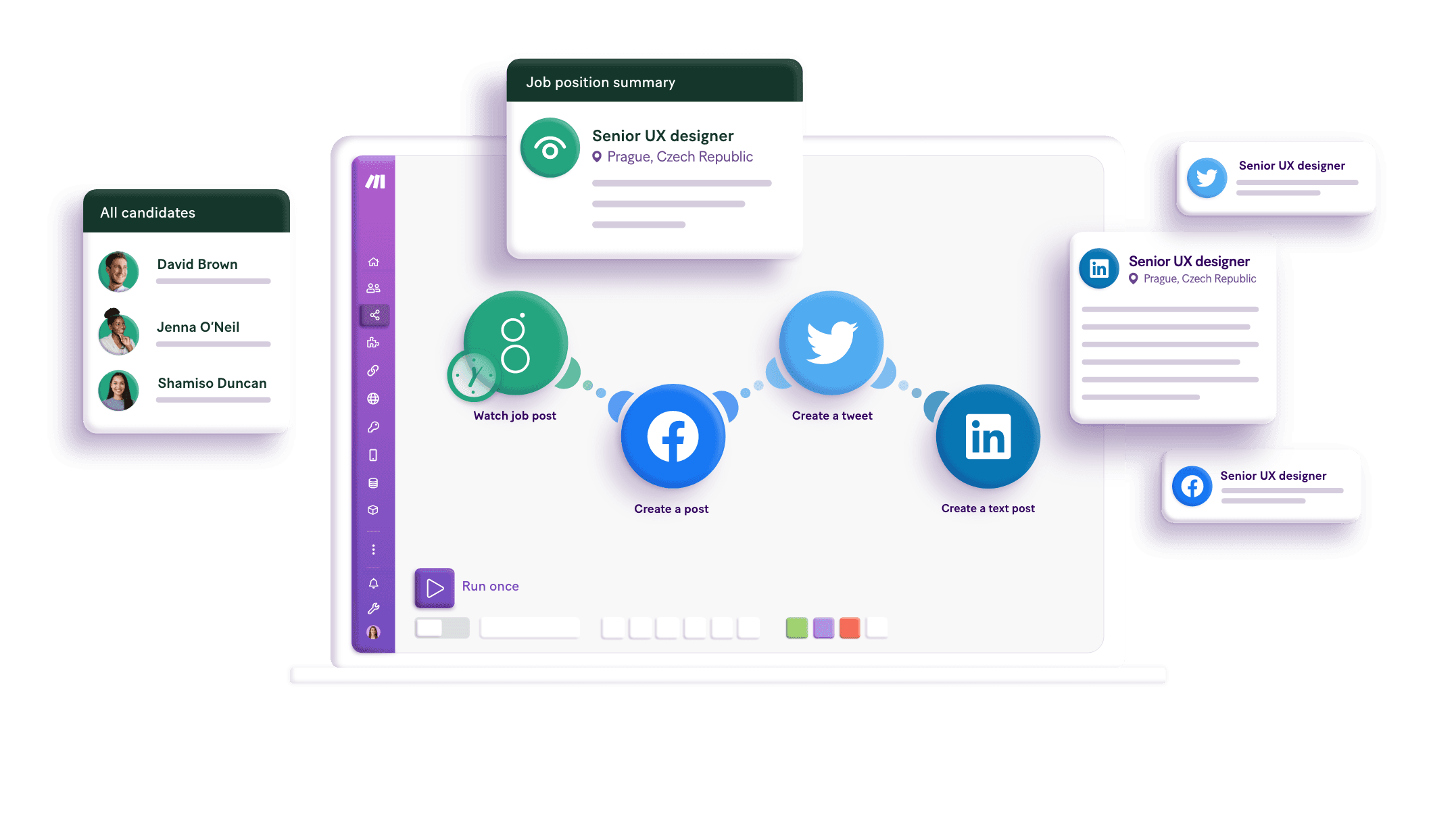Connect HubSpot CRM and AWS S3 integrations
Connect HubSpot CRM and AWS S3 with any of your favorite apps in just a few clicks. Design, build, and automate anything for your work by integrating apps like HubSpot CRM and AWS S3 to create visual automated workflows. Choose from thousands of ready-made apps or use our no-code toolkit to connect to apps not yet in our library.
Trusted by thousands of fast-scaling organizations around the globe
Automate your work. Build something new.
Just drag and drop apps to automate existing workflows or build new complex processes. Solve problems across all areas and teams.

Build your HubSpot CRM and AWS S3 integrations.
Create custom HubSpot CRM and AWS S3 workflows by choosing triggers, actions, and searches. A trigger is an event that launches the workflow, an action is the event.
Adds contact records that have already been created in the system to a contact list. This module will be deprecated on September 30th 2025.
Adds records to selected list.
Adds a contact to a specific workflow.
Creates a new bucket.
Creates a call with the given properties and returns a copy of the object, including the ID.
Creates a communication with the given properties and returns a copy of the object, including the ID.
Creates a company with the given properties and returns a copy of the object, including the ID.
Creates a contact with the given properties and returns a copy of the object, including the ID.
Creates a custom object with the given properties and returns a copy of the object, including the ID.
Popular HubSpot CRM and AWS S3 workflows.
Looking to get more out of HubSpot CRM and AWS S3? With Make you can visually integrate HubSpot CRM and AWS S3 into any workflow to save time and resources — no coding required. Try any of these templates in just a few clicks.
FAQ
How it works
Traditional no-code iPaaS platforms are linear and non-intuitive. Make allows you to visually create, build, and automate without limits.










